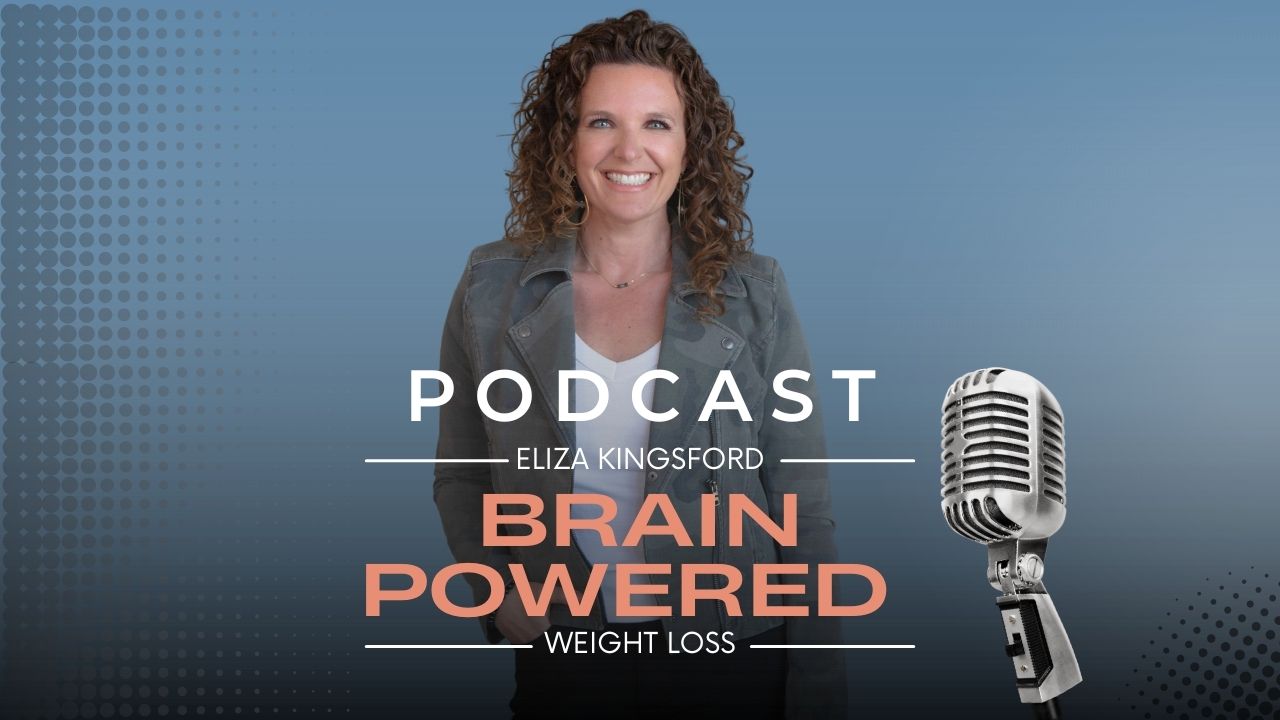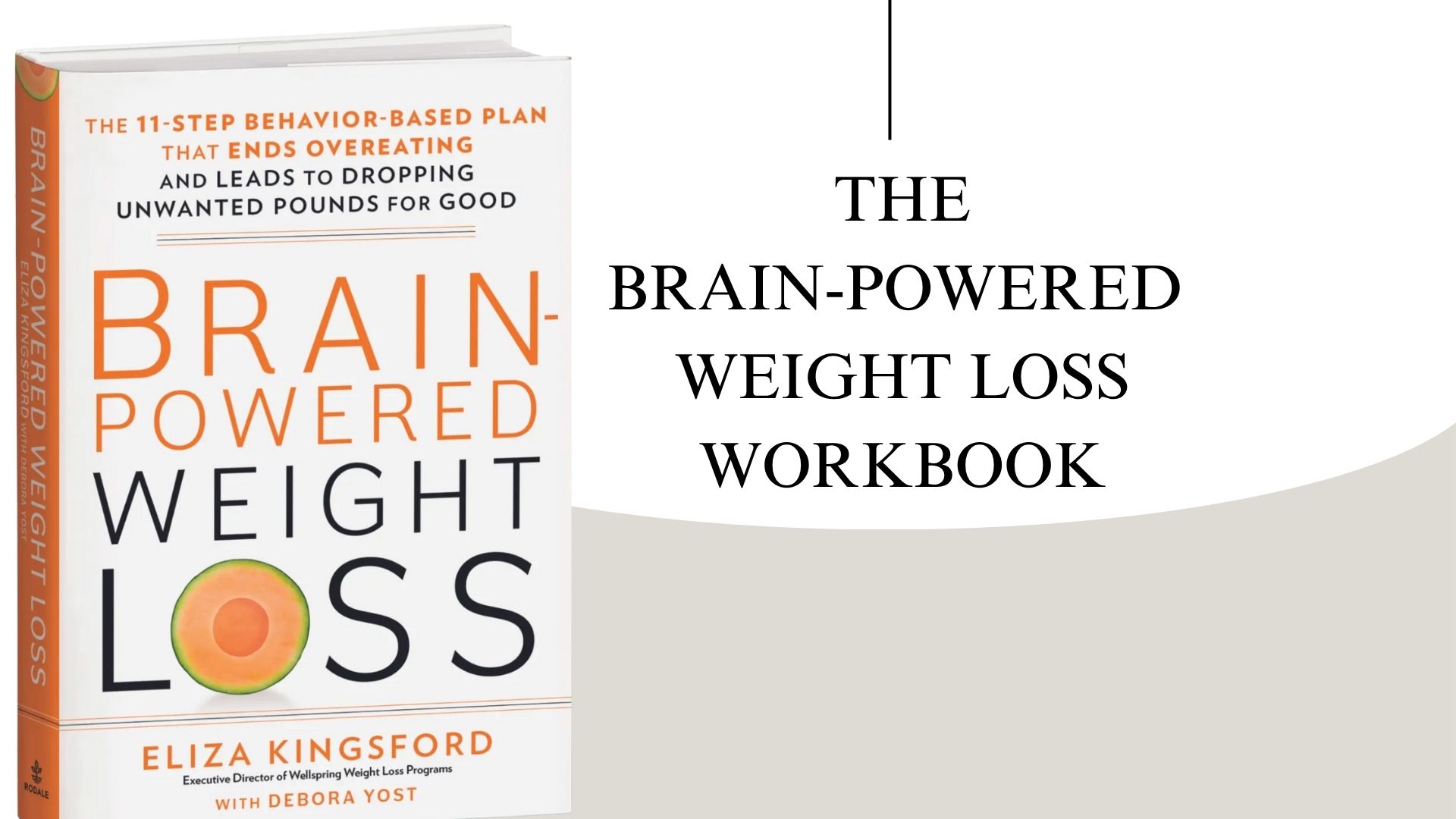
Why Do We Stress Eat?
Feb 16, 2023Why do we stress eat?
We’ve all heard the saying “comfort food”, but what does this really mean? Is food really comforting? Or is it just a psychological or emotional attachment? And why do we reach for the crackers, cookies and muffins when we’re feeling particularly stressed out?
It turns out, there is pretty good research to support that food actually does make us FEEL better. Certain food turns down our Threat Response System and we “feel” better. Our threat response system (TRS) is an intricate network of brain structures that then alert us to the stress and encourage us to behave in ways that allow us to fight the stress. But before you take this as permission to dive into the chips every time you’re stressed, let’s talk about the rest of the story; why stress eating can be potentially problematic and what you can do instead.
Stress comes many forms. There is acute stress; you witness a car accident, a loved one dies, you lose your job, etc. And then there is chronic stress; you hate your job, you are overwhelmed parenting 3 children, you worry about not having enough money to pay the bills. When we encounter ongoing, or chronic, stress that we feel we don’t have any control over (“how am I suddenly supposed to be less stressed with 3 kids?”) we are more likely to eat as a response to that stress.
When we encounter stress that we perceive as chronic and out of our control we are more likely to reach for food for comfort. But why? And why only certain types of food? When we eat highly-rewarding food (food that is high in sugar and/or fat and usually highly processed), it dampens the activity of our TRS, and we feel better. A message then gets sent to our brain that we learned how to “deal” with the stress, and the next time we are faced with this stress our brain will get the signal that we know how to deal with it and we will be subconsciously encouraged to eat highly-rewarding food again.
In addition, this response is only activated when presented with highly-rewarding foods, or as a more common description, junk food. Junk food is usually high in calories, food processing and/or fat and sugar. Our brain has been conditioned to believe that junk food will make us feel better so it actively seeks out this food in order to effectively help us manage the stressful situation.
The survival part of your brain does not take into account your personal goals of weight loss or a healthy lifestyle when faced with the responsibility of protecting you against stress, so it drives you to overeat junk food because it is trained to protect you. This becomes a vicious cycle that looks something like this: You receive a stressful email from your boss and you perceive this stress as a situation out of your control, you brain then activates a series of messages urging you to eat junk food, you eat the junk food and initially feel better about the email. However, later you start to feel frustrated and upset with yourself for overeating the junk food because you had promised yourself you weren’t going to do that anymore. This sets off a cascade of emotions about your willpower and ability to manage your health which lead you to feeling out of control where your health and weight are concerned – leading to stress about this……..you can see where this is going.
Right about now you might be thinking, “if this is all happening subconsciously, how can I do anything about it?” The good news is that a better understanding of the subconscious mechanisms that drive us to overeat can help us engage in simple behaviors to combat the brains automatic responses. Here are a few tips and tricks that might help when in the face of stress eating.
- Practice Mindfulness First
The best way to outsmart our reptilian brain, which urges us to eat even when we don’t want to, is to practice mindfulness. When in the face of stress, the best thing we can do is slow down and take a couple of deep breathes. This resets our sympathetic nervous systems and allows us to focus on making better decisions. Decisions that will serve us in the long-run and not just provide temporary satisfaction.
- Don’t put yourself in tempting situations
Research tells us that when the brain urges us to eat in reaction to stress we are never looking for bland, simple foods to soothe us. It is always highly-palatable or “junk” food. And this isn’t just because we prefer it. It’s because our brain mistakes it for food necessary for our survival due to it’s unnatural combination of calories and reward (salt, sugar, fat). Another thing we can do to combat our urge to eat junk food is to remove temptation. Try not keeping junk food in your home. Your brain is going to seek out junk food so why would you put yourself in the easy situation to indulge in it?
- Make a mindful and intentional decision
If junk food actually does help dampen the threat response system, perhaps you will mindfully and intentionally choose to eat (or drink) something that makes you feel better. This is not necessarily a problem. It becomes a problem when that intentional decisions turns into a week-long junk food bender that makes you feel worse about yourself in the long-run. At Empowered Wellness we ask participants to ask these three questions before deciding to dive into the chocolate cake
- Do I want this?
- Will I feel shame or guilt after eating this?
- Do I want this?
- Create your list of other options
Our best tool to combat stress eating is to create a list of other activities that will make us feel better without the guilt that overeating often brings. Research tells us that there are other things that will create a similar response junk food brings without the guilt and frustration of overeating. These are things like connection, mindfulness, meditation, exercise and (if you’re really going for it) romance. These things will also naturally dampen your threat response system and help you manage stress more effectively.
For more ideas on how to manage stress eating please visit www.elizakingsford.com and follow her with @elizakingsford on twitter, Instagram and facebook.


